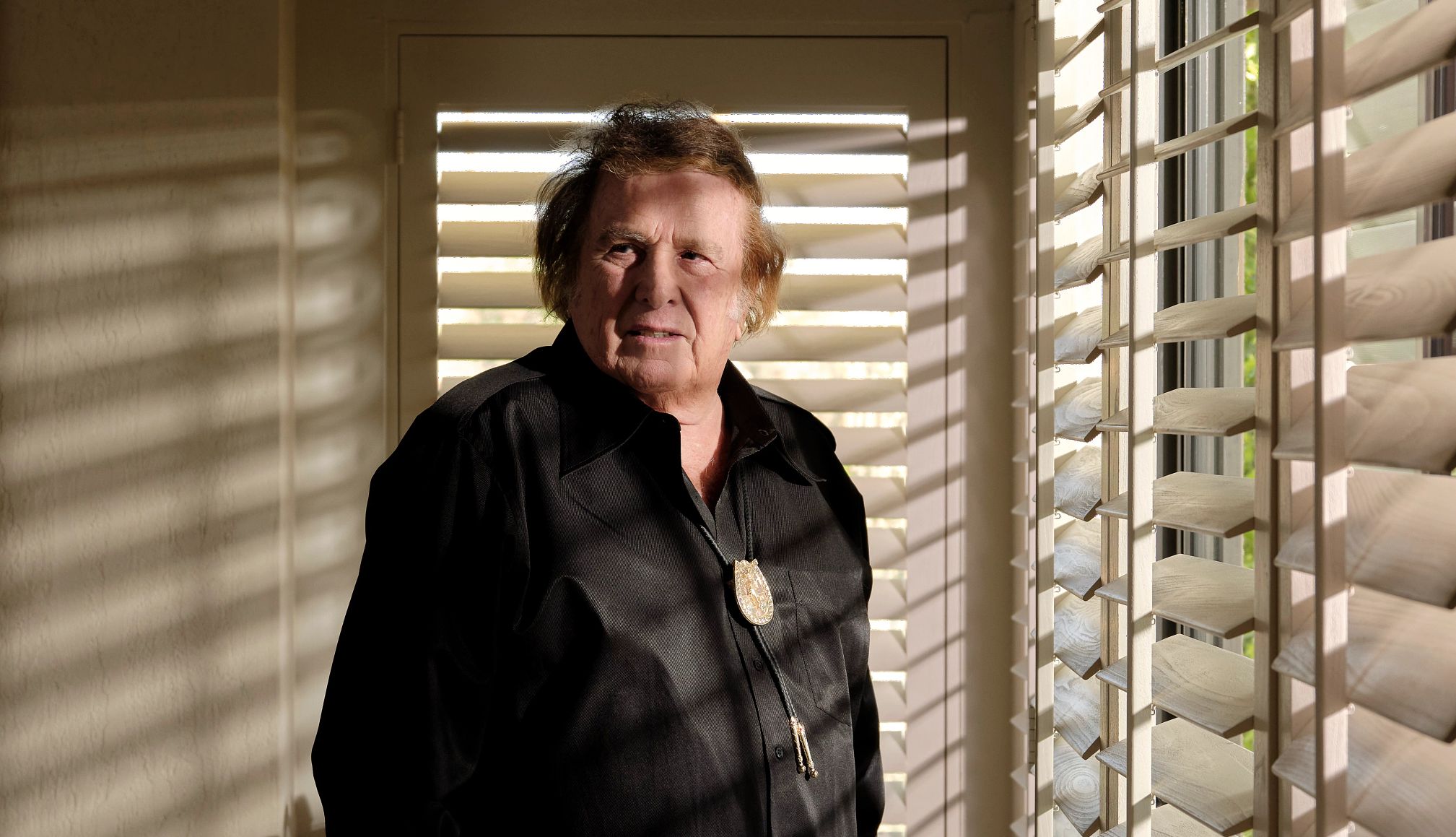
Don mclean on the day his life changed | members only
- Select a language for the TTS:
- UK English Female
- UK English Male
- US English Female
- US English Male
- Australian Female
- Australian Male
- Language selected: (auto detect) - EN
Play all audios:
I was born in 1945, and when I was growing up in New Rochelle, New York, I was ill much of the time with asthma. I was out of school for weeks at a time. It was horrible, in a way. I didn’t
do the schoolwork. I didn’t know the kids. But I knew the Everly Brothers and Buddy Holly, and that’s all I cared about. All the great rock ’n’ roll stars were on the radio: Little Richard,
Fats Domino, Elvis Presley. I had an obsession with Buddy Holly. I lost myself in music and built this fantasy world around myself. One day a guy I knew showed me how to play three chords on
a guitar: E, A and B seventh. Once I had those chords down, I could play almost all the songs on the radio. At the time, folk music was beginning to become the biggest thing. Young people
were learning to play guitars and mandolins. Everybody was making their own music. I can’t tell you how perfect and wonderful it was. Young people were innocent. They weren’t cynical. The
only job I had at that time was as a paper boy. On February 3, 1959, I opened the newspapers and saw this news: three rock ’n’ roll stars killed in plane crash. It was as if a mule had
kicked me in the chest. I cried, I think, sitting there looking at this. Buddy Holly, Richie Valens and J.P. “Big Bopper” Richardson had died. Buddy was my guy. The whole time I was
delivering these papers, I was shocked. I just couldn’t believe it. Buddy Holly in 1958. Popperfoto via Getty Images/Getty Images I went to school the next day, and I said to the other kids,
“Did you know that Buddy Holly died?” The response was, like, “Oh. What time is football practice?” Nobody really cared. That was an indication to me that I was on my own. I never stopped
believing, and I never forgot the power of that moment. I have always kept Buddy in my heart. In those days, you couldn’t find out anything about anybody. There were no books about rock ’n’
roll stars, because they were not thought of as important enough. The only place you could find information was on the backs of their records, so I would go to the House of Music, the record
store in New Rochelle, and read the backs of the albums. I remember when _The Buddy Holly Story_ came out, after his death, reading about him in the liner notes on the back. He looked so
handsome on the album cover with those black glasses. The first album I made was called _Tapestry_. I was making that album in Berkeley, California, and there was a small riot every day we
were making it. It was crazy. Things were happening in the country, and it was getting worse. We had assassinations throughout the decade. We had the war in Vietnam and rage against Nixon.
The country was in what I later called “an advanced state of psychic shock.”